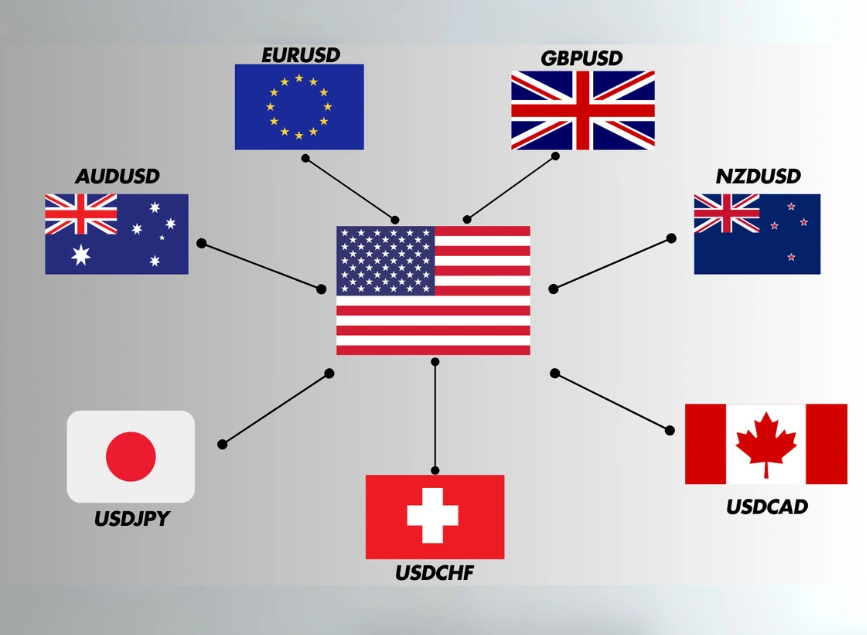
One Bill, One Economy, One Earthquake : One Big Beautiful Bill!
Estimated reading time: 3 minutes
Table of contents
In the ever-dramatic world of U.S. politics and economics, bold ideas sometimes surface that promise to upend the status quo. One of the latest—and most controversial—is Donald Trump’s “One Big Beautiful Bill”.
This isn’t just another tweak to the tax code. It’s a radical economic shift that proposes replacing income taxes with massive tariffs on all imported goods. So, what’s the real story behind this? Let’s unpack the potential objectives, benefits, and risks of this seismic policy idea.
What Is the “One Big Beautiful Bill”?
At its core, the plan proposes:
❌ Eliminate personal and corporate income taxes
✅ Introduce high tariffs on all imported goods
Revenue Model Shift:
| Old System | Proposed System |
|---|---|
| Income & corporate taxes | Import tariffs on goods from abroad |
📦 What Would Be Taxed?
- Smartphones
- Automobiles
- Electronics, clothing, and even food
Main Goals of the Plan
- Revive U.S. Manufacturing
Tariffs would discourage offshoring and incentivize companies to produce within the U.S. - Simplify the Tax Code
A flat import tax system would replace the complex IRS structure. - Strengthen U.S. Trade Leverage
Tariffs could be used as bargaining tools in global trade negotiations.
Claimed Benefits (According to Supporters)
| Benefit | Description |
|---|---|
| Rebuilding Industry | Tariffs push companies to produce in the U.S., bringing back jobs |
| Cutting Bureaucracy | Simplifies the tax system by removing income taxes |
| Trade Power | Gives the U.S. leverage in negotiating trade deals |
Potential Drawbacks (According to Economists)
Economists argue the plan could cause major disruptions:
1. 💸 Inflation & Consumer Pain
- Tariffs = higher import prices = expensive everyday goods
- Even U.S.-made products could rise in price due to foreign parts
- 📉 Result: Less purchasing power, especially for low- and middle-income families
2. 🌍 Global Trade War
- Major partners (EU, China, Canada, Mexico) could retaliate
- U.S. exports (e.g., agriculture, tech, aerospace) might face new tariffs
- 🛑 Risk: Isolation and loss of global market share
Read More: What Is a Trade War? Causes, Impacts & Smart Investor Strategies
3. 🔧 Supply Chain Breakdown
- U.S. manufacturing relies heavily on imported components
- Higher costs = lower competitiveness for American products
4. 📉 Massive Budget Risk
- Income tax accounts for a big chunk of federal revenue
- Replacing it entirely with tariffs may require unrealistic rates (some estimate up to 100%!)
- Potential for large deficits if trade volume drops
Sector-by-Sector Impact
| Sector | Short-Term Impact | Long-Term Impact |
|---|---|---|
| Domestic Consumption | Sharp rise in prices | Reduced demand, slower growth |
| Manufacturing | Temporary local boost | Decline due to higher costs |
| Foreign Trade | Export decline | Trade war, global isolation |
| Gov. Revenue | Short-term boost | Long-term deficit risk |
| Financial Markets | Market shocks & volatility | Lower global investor confidence |
Final Thoughts: Smart Policy or Economic Gamble?
At first glance, the One Big Beautiful Bill offers a simple promise:
🧾 “No more taxes. Bring jobs home. Win big.”
But underneath that promise lies a storm of risk:
- Soaring inflation
- Global retaliation
- Potential for deep financial instability
In a world built on interconnected supply chains, this kind of tariff-centric model may disrupt more than it rebuilds. While it may serve as a powerful political message, the long-term economic cost could be severe—both for the U.S. and the global economy.
🔍 Tip for Investors & Analysts
Keep a close eye on:
- U.S. trade relations
- Tariff announcements
- Consumer price indexes
- Market sentiment on global supply chains
The fate of this “beautiful bill” could shape the next chapter in global economic history—for better or worse.
Share
Hot topics

Best broker for gold trading
There’s always been a certain magic about gold. Before online charts and trading applications, people stored their wealth in coins and bars, trusting that gold would retain its value during...
Read more




Submit comment
Your email address will not be published. Required fields are marked *